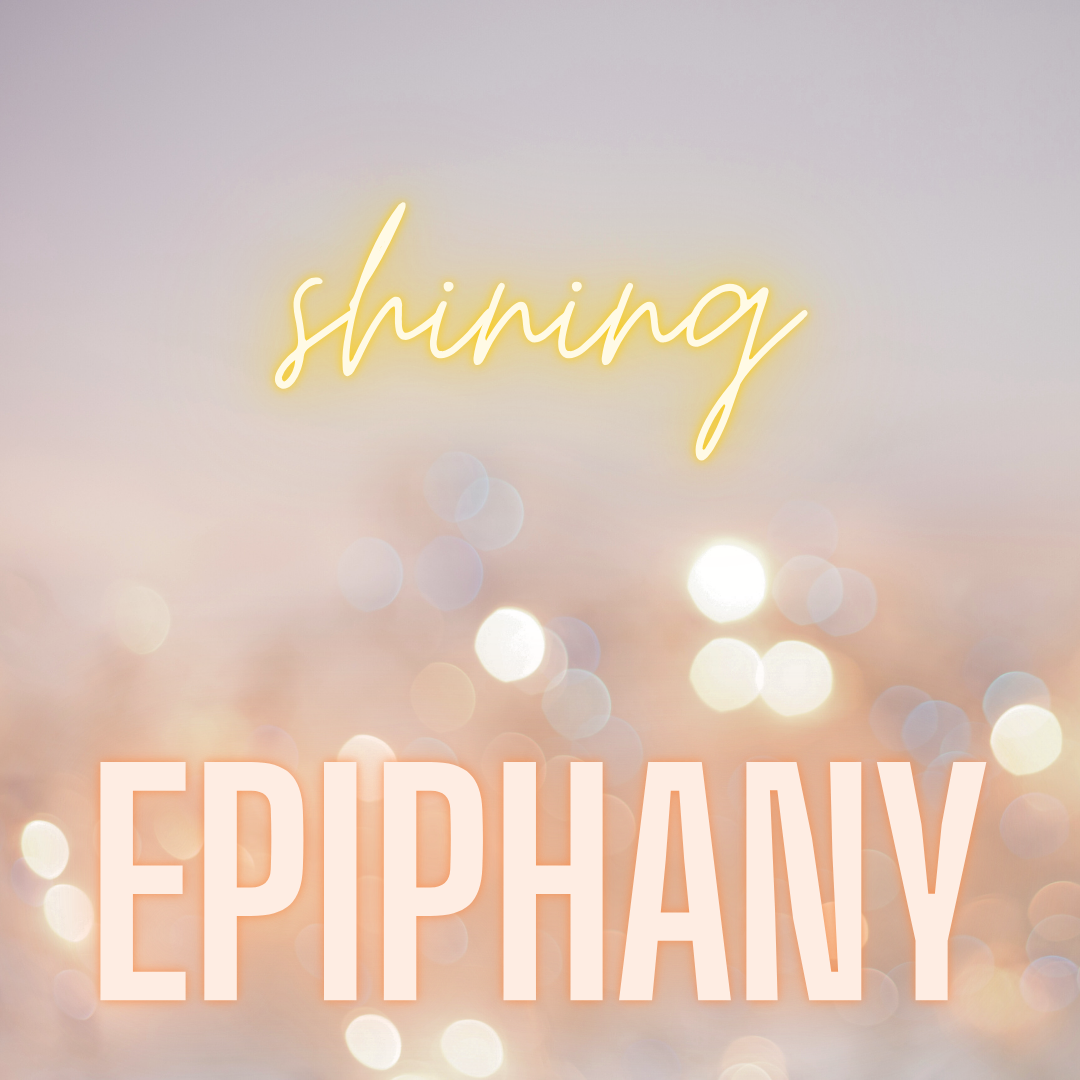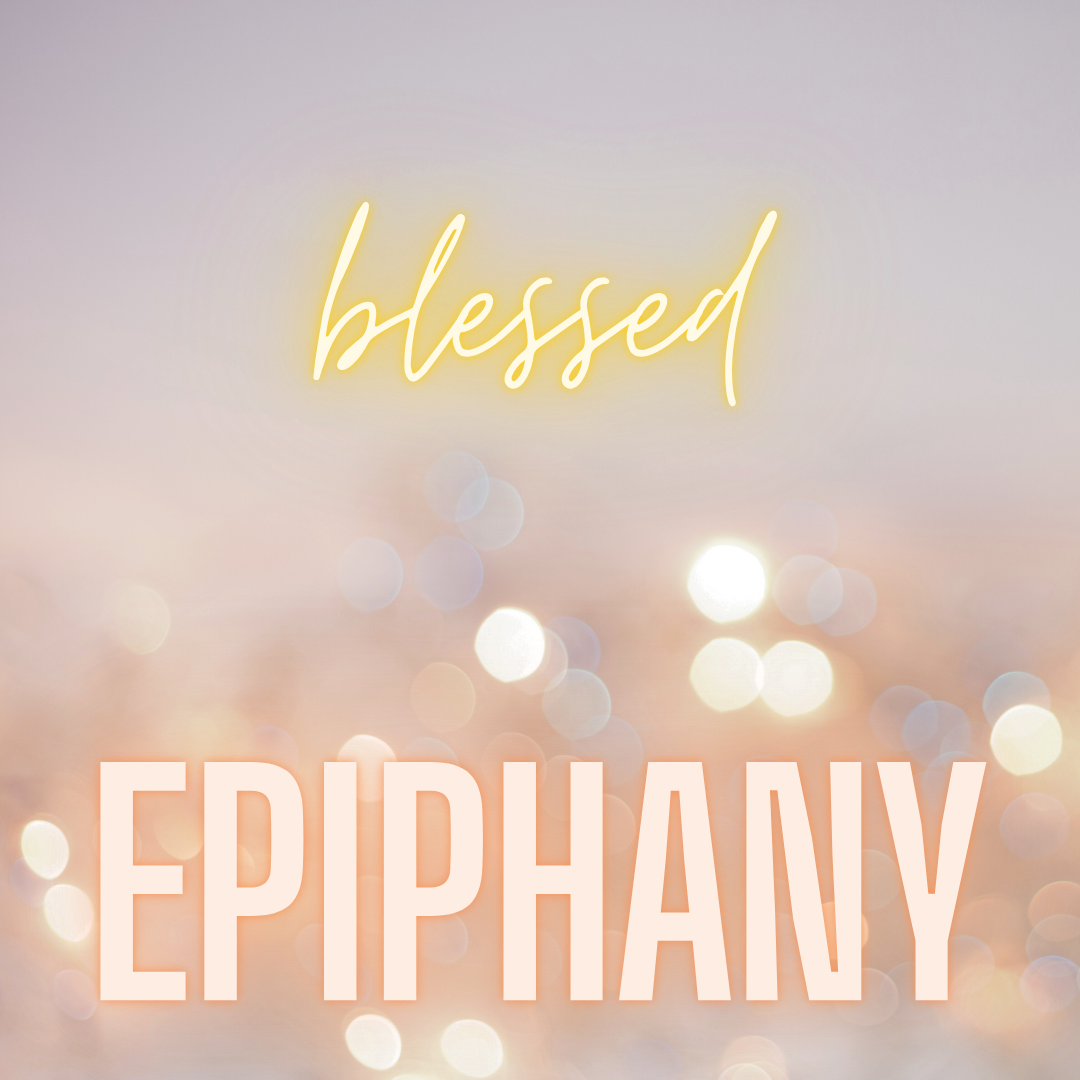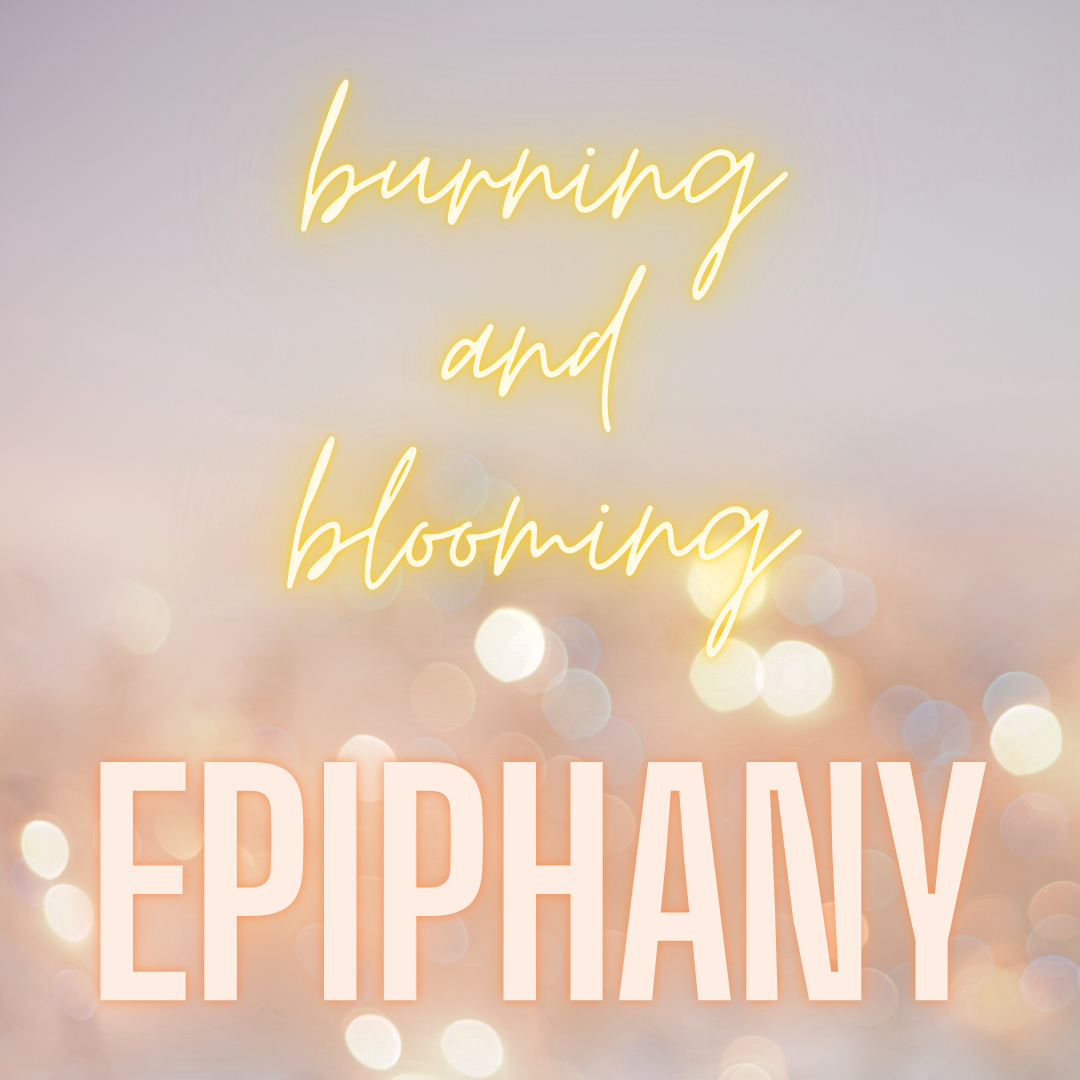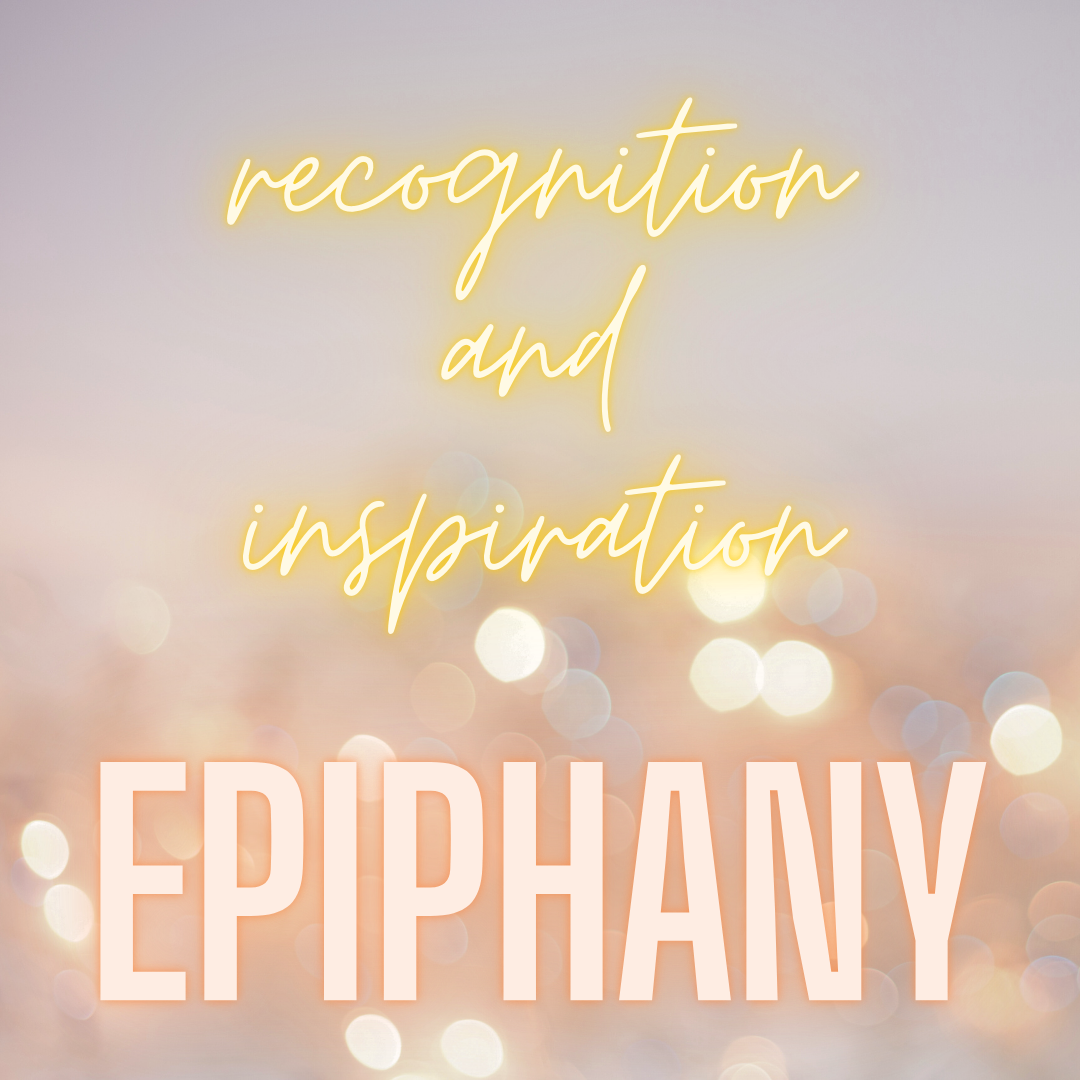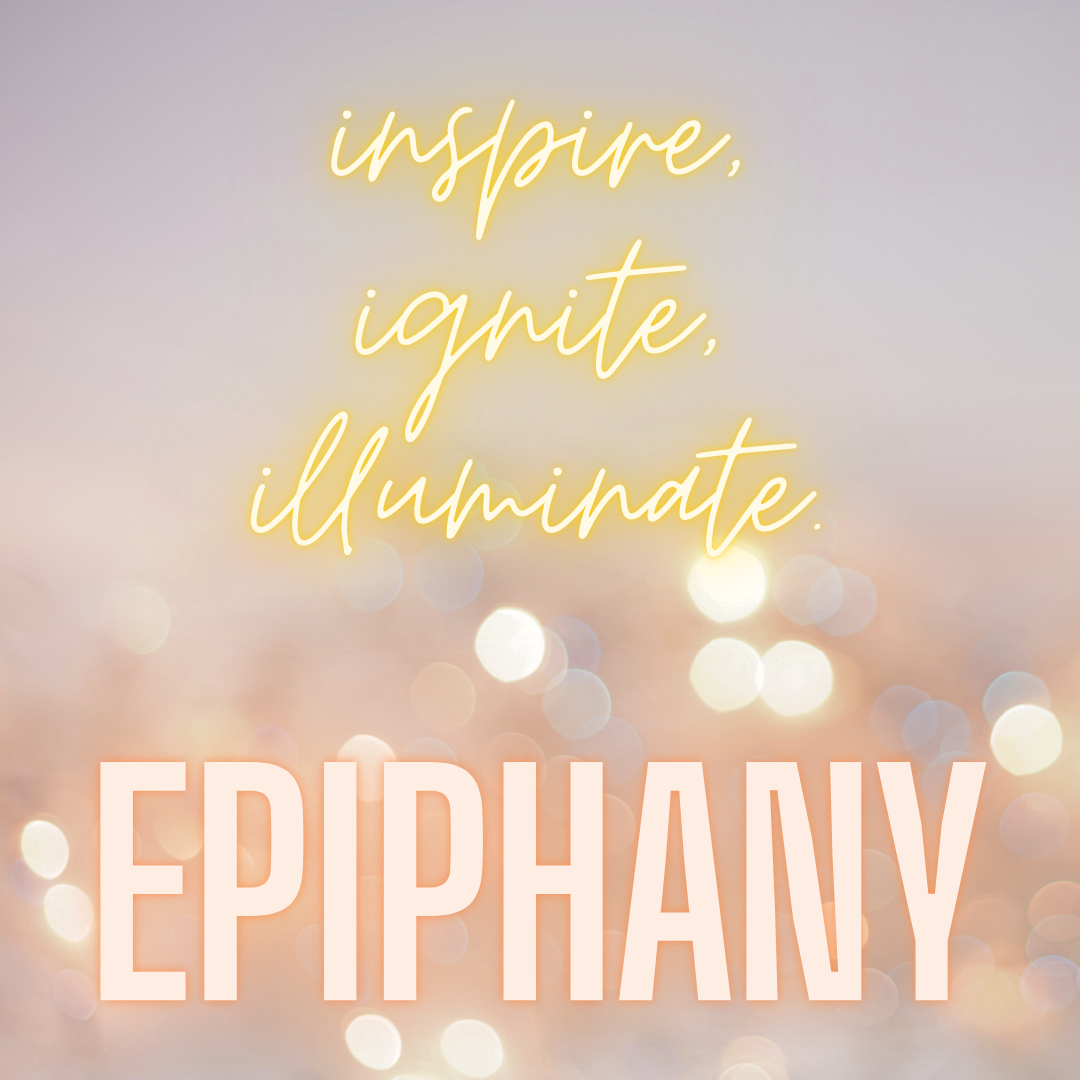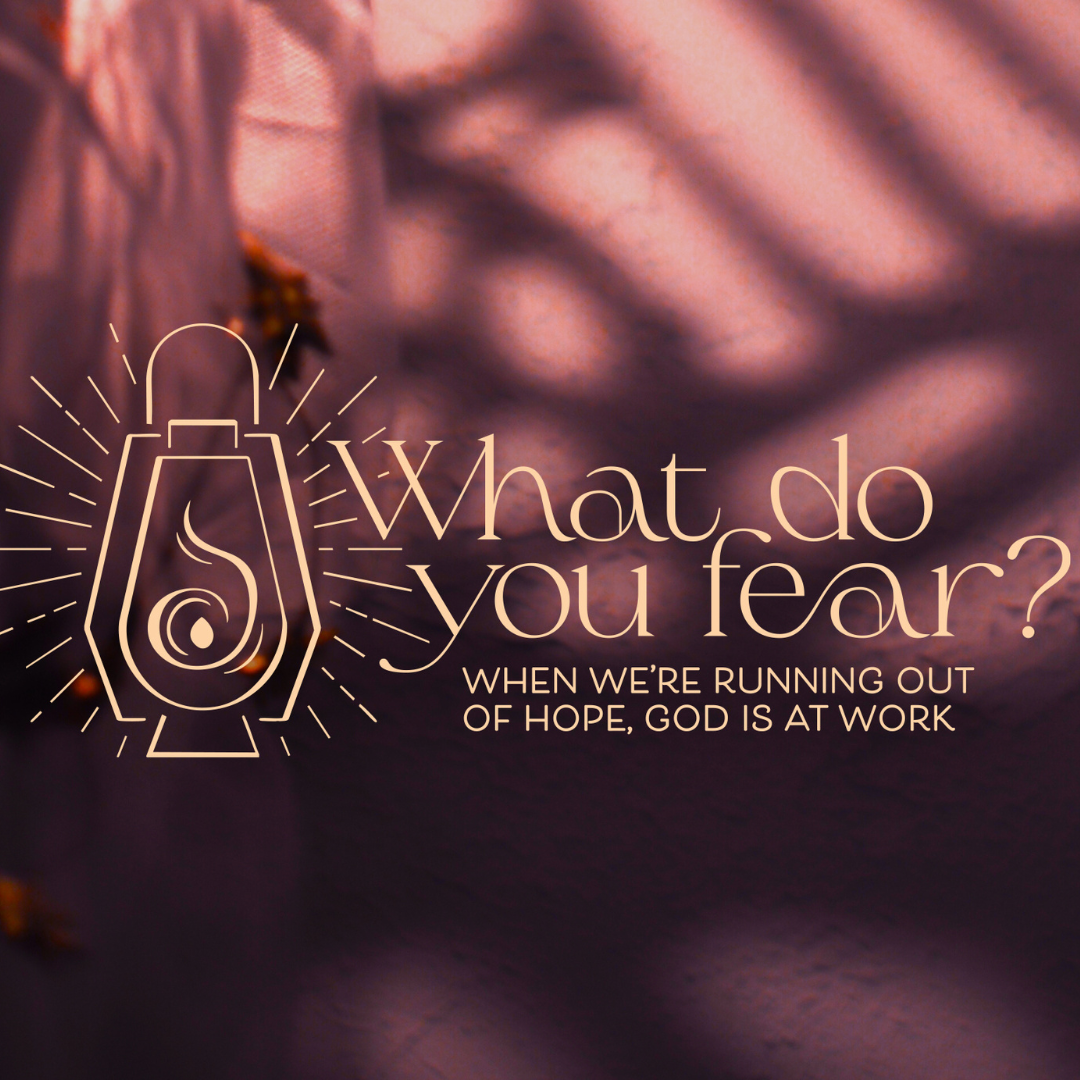Good morning, Beloveds!
600 years before the birth of Jesus, during Israel’s captivity and exile in the land of Babylonian, the Prophet Ezekiel prophesied that Israel would eventually rise from the ashes of captivity and be exalted before the nations. Ezekiel famously described the coming kingdom using the vision of a mighty Cedar tree planted upon a lofty mountain top…becoming lord among trees. So imagine how shocking it would have been to hear Jesus say that the kingdom of heaven should instead be likened to a common weed.
Ezekiel ben-Buzi was a contemporary of both Jeremiah and Daniel and is counted as one of the major prophets. He was raised in Jerusalem as a member of a priestly family and entered into the work of the priesthood while he was a young man. A short time later, Ezekiel and King Jehoiachin were among the aristocracy, who were taken into Babylonian captivity by King Nebuchadnezzar in 597 BCE.
Written during the 22 years of the Babylonian exile, the book of Ezekiel is widely acknowledged to have been primarily composed by the prophet himself. (1) In the book, Ezekiel describes how he was called into prophetic ministry while in exile through a series of visions in the fifth year of his captivity. During this first prophetic period, his messages were principally directed at the city of Jerusalem and the weakened, client leadership of King Zedekiah in the southern kingdom of Judah.
The season of Lent— the 40 days of preparation (minus Sundays) that precede Easter—is probably the oldest and most ancient of liturgical seasons that we celebrate in the church. In the early days of Christianity, Lent was originally a season for new converts to the faith to learn and prepare for their baptism, which would happen on Easter Sunday. During that time, they would study what was central to Christianity. They would learn who Jesus was. They would learn the stories of his life and ministry, and they would come to an understanding of what those stories meant. They would learn the practices of Christian faith, and they would prepare for taking on a new life in Christ, which is what baptism was seen as. Rather than a season of penitence, as it is seen now, Lent was a season of preparation.
This season of preparation was probably well-established by the time of the Council of Nicaea in the year 325. But the practice of wearing ashes on the forehead was not something that was done by everybody in those early centuries. In the early days, ashes were reserved for the most notorious and wicked of sinners. It was a mark not of devotion, but of shame. The church would put these crosses of ash on peoples foreheads and send them out in public as a way of really forcing them to acknowledge their sins and come back into unity with the body of the church.
It took another four or five centuries for this practice of ashes on the forehead to become widespread across Christianity as a way of helping us understand our own sinfulness, because we all sin, and of recognizing the fragility of our lives, and the fact that one day we too will be nothing more than dust.
On a high mountain, something happens that does not make sense. Jesus’ face shines. His clothes blaze white. The air shimmers with glory.
And the disciples do what we often do when confronted with mystery: they become afraid. Transfiguration Sunday is not subtle. It is luminous. It is overwhelming. It is radiant with the insistence that what you see is not all there is.
In Exodus 24, Moses climbs Mount Sinai. A cloud covers the mountain. The glory of the Holy burns like a devouring fire. Six days of waiting. Then a voice. The text tells us that the glory of God settled on the mountain like fire. Fire does not just illuminate. It transforms. It changes whatever it touches. The people at the foot of the mountain see smoke and flame. They see uncertainty. They see danger. But Moses sees possibility. He climbs anyway. And undergoes 40 days of transformation. Faith requires that kind of climb.
Good morning, Church, and happy Bad Bunny Day to all who celebrate. I’m guessing most of us know what anger feels like. There are the everyday sparks: a pestering sibling, someone cutting us off in traffic, our team losing on a bad call. Those are acute bursts—anger that flares up quickly and often fades just as fast.
But then there’s another kind of anger. The kind that doesn’t dissipate. The kind that settles in the body. The kind that builds.
I don’t have to guess too hard to know there’s some chronic anger out there right now. Things are stacking up. For some of us, it was a meme posted by the President last week. For others, it’s something far closer to home. Either way, the pressure is real.
And here’s the first thing we need to say clearly: anger is not bad.
Anger has gotten a bad reputation in the church. We’re often taught to suppress it, spiritualize it away, or pray it into silence. But Scripture tells a more honest story.
“Imagine you’re in Galilee, on a windswept hillside near a little fishing town called Capernaum. Flocks of birds circle and land. Wildflowers bloom among the grasses between rock outcroppings. The Sea of Galilee glistens blue below us, reflecting the clear midday sky above.
A small group of disciples circles around a young man who appears to be about thirty. He is sitting, as rabbis in this time and culture normally do. Huge crowds extend beyond the inner circle of disciples, in a sense eavesdropping on what he is teaching them. This is the day they’ve been waiting for. This is the day Jesus is going to pass on to them the heart of his message.” (1)
Jesus begins his teaching in a curious way. He starts with blessings—the phrases we have come to know as the beatitudes. “In Jesus’s day, to say ‘Blessed are these people’ is To say, ‘pay attention: these are the people you should aspire to be like. This is the group you want to belong to.” [‘We Bless’ means, ‘these lives matter’]. It’s the opposite of saying ‘woe to those people or cursed are those people,’ which means, ‘take note: you definitely don't want to be like those people or counted among their number.’ His words no doubt surprise everyone, because we normally play by [different] rules of the game.”
The world is both burning and blooming. That line may be one of the most honest theological statements I’ve read in a long time. That sentence names something we all know in our bones, and those who have eyes to see, see it.
Everywhere we turn, there is evidence of burning: systems fraying, violence recurring, truth distorted, hope exhausted. We carry grief in our bodies. We carry fear in our newsfeeds. We carry weariness in our souls.
And yet. . . children still laugh. Neighbors still show up. Love still refuses to disappear. The sun still rises. The world is burning—and the world is blooming.
Karen Salmansohn, a self-described “Middle-of-Life” Doula, and columnist for Psychology Today, is a pioneer in the Mortality Awareness Movement. She doesn’t want us to fixate on death; she wants us to fuel the now. A mortality-focused lens helps one focus on what matters.
She penned a poem, entitled “The world is both burning & blooming” that really resonated with me this past week, perhaps it will with you as well:
You get the bad news
and the sunrise in the same day.
You cry over the headlines, then you laugh at a baby
wearing a hat shaped like a bear.
This is the dual citizenship of being alive.
Rage and reverence,
Grief and grace.
You are allowed to feel both.
You are allowed to scream,
& still notice how good the soup is.
You don't have to choose.
Let it all in.
Today is the second Sunday after Epiphany. The season of Epiphany begins after the 12 days of Christmas and lasts through Candlemas. During Epiphany, we focus on the incarnation of God among us, the manifestation of God’s physical presence in this realm. In fact, Epiphaneia in New Testament Greek means manifestation. Our stories and songs during this time concern the revelation of God’s manifested presence to her people.
These well-known lyrics of Charles Wesley are a great example:
Christ, by highest heaven adored,
Christ, the everlasting Lord.
Veiled in flesh the Godhead see;
hail the incarnate Deity,
pleased with us in flesh to dwell,
Jesus, our Emmanuel.
Hark the herald, Angels sing
Glory to the newborn king.
In Pastor Brenda’s opening remarks last week, she cited Diana Butler Bass saying that “(Epiphany) beckons us to pay attention and participate in widening the circle of light in the world—to push back against all brittle injustice and brutality.” (1) It calls us to be inspired and inspire others, to ignite the light of Christ in ourselves and then to carry that light and illuminate the world.’
The three of us Pastors felt that these words - “Inspire, Ignite, Illuminate” - were just what people needed in these challenging times. And so, we decided that it would be our theme for this Epiphany season.
The first Sunday after Epiphany has traditionally been reserved in the church for remembering and celebrating the baptism of Jesus. It follows directly after the celebration of the visit of the Magi and, along with a celebration of Jesus’s first miracle of turning water to wine at Cana, is one of three feasts of light that emphasize the revelation of Jesus to the world. Throughout this season, light and revelation are emphasized in the Bible readings and rituals that are traditionally shared in the church during Epiphany. And the season closes with the story of the Transfiguration—that mountaintop experience where Jesus appears in glory to three of the disciples, alongside images of Moses and Elijah. Epiphany is a season that moves us from the soft light of the manger and the magi following the light of the star to Jesus telling his disciples—and us—“You are the light of the world.” (1)
In the ancient church, these early feasts of Epiphany and Christ’s Baptism and miracle of the wine were considered much more important feasts than that of Christmas—which seems awfully strange to us now, who spend so much time and energy preparing for and celebrating Advent and Christmas. But I think the ancient church was on to something. Rather than just marking time between Christmas and Lent—a sort of “liturgical placeholder,” as theologian Diana Butler Bass calls it—this season is instead an “invitation to discover grace, goodness, and God.” It “beckons us to pay attention and participate in widening the circle of light in the world—to push back against all brittle injustice and brutality.” (2) It calls us to be inspired and inspire others, to ignite the light of Christ in ourselves and then to carry that light and illuminate the world.
Fear doesn’t stop us. That is the confession we make as we arrive at Epiphany—not because fear has disappeared, but because we have learned how to walk through it.
El miedo no nos detiene. Eso es lo que proclamamos en la Epifanía, no porque el miedo haya desaparecido, sino porque hemos aprendido a seguir adelante a pesar de él. Jesús ha nacido, pero Herodes aún ostenta el poder; el imperio persiste, la violencia continúa y el dolor inunda la tierra. Herodes tiene miedo, y el miedo en manos del poder se vuelve letal. Miedo a perder el control, miedo a ser desafiado. Y así, hace lo que los imperios siempre hacen cuando tienen miedo: miente, manipula, exige lealtad, promete seguridad mientras siembra el terror y culpa a los más vulnerables.
As this series ends, Herod is still in power. Jesus has been born, but the world is still dangerous. The empire has not collapsed. Violence has not magically ceased. Mothers still weep. Power still clings to itself. And that is precisely why Matthew refuses to give us a sentimental Hallmark Christmas-card ending.
We want Epiphany to sparkle—to be about stars and gold, fruitcake, and a sweet baby held safely in his mother’s arms. But Matthew says: Look closer. Herod is watching. Lurking. Calculating. Not in some fictional “Upside Down,” like in Stranger Things, but right here in the real world. Herod is afraid. And fear, when it sits on a throne, becomes lethal.
Que la paz de Cristo sea con ustedes. May the peace of Christ be with you. On this night, we gather around a story we think we know by heart—a manger, a young family, a quiet stable, a smelly stable if you recall last year’s homily. But if we listen closely, Luke’s account of the Gospel is actually far less gentle. The story is not hushed. It is the sound of heaven interrupting earth. It is the sound of angels who refuse to whisper. It is the sound of joy that refuses to stay orderly and polite, interrupting the days of Herods and Caesars.
“Glory to God in the highest!” Exclaim it with me, like you mean it. “Glory to God in the highest!” That is not quite a lullaby, like La Nanita Nana. That is a shout that echoes across empires and millennia, paying homage not to a demagogue, or even a demi-god, but to the One who creates, liberates, and eventually upends every false claim to power. Amen?
En esta noche, el Evangelio no susurra. El cielo irrumpe en la tierra. Los ángeles rompen el silencio del imperio: «¡Gloria a Dios en las alturas!». No es una canción de cuna como la Nanita Nana; es una proclamación audaz que resuena a través del tiempo, desviando la alabanza de los gobernantes terrenales hacia el Dios que crea, libera y derriba toda falsa pretensión de poder.
Christmas, if we’re truthful to the story, is the birth of an asylum-seeking child into a world ruled by fear. It is a story set under the shadow of an imperial census, a tool of population and labor control designed to count and extract. This is good news arriving among people who know what it feels like to be counted, taxed, displaced, and unseen—noticed only when they are scapegoated and used for the prison industrial complex or for the deportation regime.
Many years ago, church historian and theologian Diana Butler Bass and her husband Richard were having trouble selling their house in Memphis, Tennessee. A Catholic colleague told them about the popular belief that St. Joseph is the patron saint of real estate. On his suggestion, they bought a small statue of St. Joseph and buried it in the front yard. Diana and her husband were faithful Protestants without a tradition of venerating the saints, but they were getting a little desperate. “What’s the harm?” Richard laughed. “We need to sell this place.”
A few weeks later, the house was sold, and the family packed up and headed to Virginia. Many miles later, Diana suddenly remembered that they were supposed to dig up the statue before they left. “Oh no!” Diana blurted out. “We left St. Joseph in the yard! We forgot him!”
“Well,” said Richard ironically, “I bet we’re not the first.” They drove on, leaving Joseph behind in the dirt. As far as they know, he still lies there, neglected and unremembered.
“It almost doesn’t need to be said,” Butler Bass said, “that Christians do much the same with Joseph in the Christmas story. We sing of and extol Mary. But Joseph remains [buried] in the background, like a film extra with only a few lines.” (1)
There is no sermon text for today. Enjoy our children bringing the message as part of the Christmas Pageant.
Read MoreBeloved, Advent is the season when we dare to say that God is doing a new thing, even when we can’t quite perceive it just yet. Isaiah speaks to a people who knew what it was to run low on hope. They remembered the old stories of God making a way through the sea, crushing the armies of the Egyptian Empire, leading the people out from bondage. But now, centuries later, they find themselves in exile, no doubt beaten up, both physically and spiritually. Now those miracles of old, the in-breaking of God, feel far away. The prophet spoke to a community running out of hope, and if we’re honest, that’s not far from where many of us stand today, simply exhausted, and it’s not yet been a year into this new term of tyranny.
And into that exhaustion, God says, “Do not remember the former things… I am about to do a new thing; now it springs forth—do you not perceive it? I will make a way in the wilderness and rivers in the desert.”
Notice that shift. The old story was a path through the sea; now it’s a path through the wilderness. The old story was just enough water to survive; now it is rivers flowing where rivers are not supposed to flow.
We expect God’s in-breaking to follow past experience, but often God answers in ways that might be hard to recognize or even confound. God is saying: “I am not limited to your memories of how I have saved you before.” God can do something new, and often does it right in the places where hope feels thinnest.
And juxtaposed to this hopeful promise, also stands a present truth: the empire is still intact. Herod still reigns. Advent meets us in real times and places, not just the imagined or ideal ones.
Good morning, Beloveds! I don’t know about you, friends, but my need to be an informed citizen is currently at odds with my need for peace and calm. Nothing can rattle my optimism like watching just about any news source in these times.
In this time of tribulation, we are longing for God to break in. We see our rights and our protections diminishing. We see the best of our government’s agencies and programs being summarily dismantled without any concern for the harms they will cause for real people. We see human rights violations occurring daily, with families being torn apart, children being separated from parents, the poor and elderly nearly losing their food benefits and losing access to affordable health care. LGBTQIA+ people being denied human dignity because they don’t fit into their ideas of normative identities. Moreover, we are distressed that so many of our fellow citizens and neighbors are complicit.
We who have been earnestly awaiting God’s kingdom to fully manifest and God’s shalom to spread across the globe are grief-stricken and dispirited over what we are seeing. We long for the goodness of God to be revealed to us in our national context, for justice and fairness and equity to break forth and calm these tumultuous waters. We cry out like the disciples on the boat, “don’t you care that we are perishing?” (Mark 4:38).
But friends, there is hope. When we look at our scriptures, we are reminded that God does not work that way. The promise of God’s abiding love and salvation is faithful and enduring. Despite our circumstances, God is always with us and encouraging us to be God’s agents for good in these times.
Good morning, church! In the liturgical calendar, today marks a monumental occasion—the centennial celebration of Christ the King Sunday. This observance was established in 1925, one hundred years ago, to counter the rise of fascism in Europe. Well… we know how that played out. But we are still here, still declaring, “No kings except Christ.” Amen? I knew this would be a holiday we could rally around. We’re still choosing to build a beloved kin-dom rooted in God’s justice and equity, not in the false security of earthly kingdoms.
In just a few weeks a child—often called a “child-king”—will be born unto us. But we will not rush that part of the story. First, on this final Sunday of our liturgical year, we proclaim that we give our allegiance to no demagogues, no authoritarian rulers, and we actively reject the systems that uphold fascism and domination. Today is not about celebrating monarchy—it is about celebrating Christ’s authority, which is always an authority of justice, compassion, and liberation.
Just last month, many of us joined thousands in the streets to proclaim that very truth: no strongman gets our allegiance.
And here’s the irony: Jesus never ruled as an earthly king. His “kingship” was a subversive protest against the imperial powers of his day. The early church used the title Christ the King as a radical theological claim: Caesar is not lord; Jesus is. His entry into Jerusalem on a donkey was a deliberate parody of military might—a living critique of power that harms.
So as we enter Advent next Sunday, we are not anxiously waiting for a military solution. We are waiting for the One who liberates, not dominates: Christ the Liberator.
Whenever I read this passage from Isaiah I always think of the painter Edward Hicks. You might not have heard his name, but I bet you’ve seen one of his paintings. I want to share a bit about his life because his work and his faith are woven together with American history in an interesting way.
Edward Hicks was born in Bucks County, Pennsylvania in 1780—right towards the end of the Revolutionary War. His parents were Anglican, and unfortunately for his father they were British loyalists; they fought on the losing side of the American Revolution. Because of this, Edward’s family finances were pretty much upended by the war, and the family had a rough time when Edward was born. Additionally, Edward’s mother died when he was just eighteen months old, and, as was common in that time when a family was in financial difficulty, little Edward was sent to live with another family who could care for him. David and Elizabeth Twining were members of the Society of Friends, and Edward was raised in the Quaker faith.
When he was thirteen, Edward was apprenticed to a coach maker, and for seven years Edward learned the craft and also became quite talented at painting the carriages. When he was twenty, he struck out on his own, not in coachmaking, but in painting, specializing in decorative painting not just of carriages, but of signs and furniture and other household items. He was very good at it, and his business did well, but he began to feel deeply conflicted about his work. He had become an official member of the Society of Friends, had even begun to preach on Sundays, and his decorative painting was at odds with the Quaker faith, which valued simplicity and utility. Painting was considered a “worldly indulgence.” He gave up painting for a while and tried farming, but he was never really trained as a farmer and had no heart or skill for it.
Somehow, he managed to reconcile his passion for painting and his love for the Quaker faith. I’m not exactly sure how that happened, but he kept painting. And one of the scenes he painted, over and over, was what he called “The Peaceable Kingdom.”
Last week I preached on the importance of raising stones because they tell a story long after we’re gone. I spoke of retelling those stories, of honoring our ancestors and the freedom fighters who have gone before us — that great cloud of witnesses who help us run this race. Stacking stones of remembrance, as our ancestors did, is how we make memory visible — how we build a witness that will not fade.
But today, the prophet Habakkuk reminds us: even if we forget, even if we try to silence the truth or bury it beneath concrete — the stones themselves will cry out. They will not be quiet. They carry memory, and memory is resistance. Even the pillars erected through pillaging carry a plea for justice that will not be silenced.
In chapter two, the book takes a dramatic turn. We move from the back-and-forth between the prophet and God into a new kind of literature altogether: a taunt song, a ridicule, a public reckoning.
Now it is no longer Habakkuk or God speaking. It is the nations themselves — those who have been conquered and silenced — finally finding their voice to confront the empire that crushed them. The victims become the narrators. Their chorus of woes becomes both accusation and prophecy — the cry of the oppressed echoing back against the empire that tried to erase them.
I must begin by saying thank you again for calling me as your senior minister. I am both humbled and grateful, and as I said last week, am honored to be able to continue walking alongside you co-creating belonging in justice and joy. You know, God calls us to the place where our passions and the needs of the world meet. I didn’t particularly envision myself where I am today. As a kid I wanted to be a meteorologist, particularly a tornado chaser, an author, a reporter, a jazz musician, then a psychologist, then a professor. When you have a plan, tell God, right? Well, I came to find out the occupation that involves all of those is called a minister. My great grandfather who by trade was a logger, timberman, or lumberjack depending upon where you are in the country, just so happened to be a minister as well. He’s long since passed, I never got to meet him, as he died at 54 years of age in a logging accident. But I heard stories about him and his influence certainly persisted throughout the generations. Today I want to talk about talking about our ancestors. Highlighting especially, stories of resistance, courage, and how cultivating collective memory sustain liberative movements against empire and erasure.
When all the people had crossed over the Jordan, the Lord told Joshua to choose twelve men—one from each tribe—and to have them take twelve stones from the middle of the riverbed. These stones were to be carried to their camp and stacked there, so that when future generations asked, “What do these stones mean?” the people could tell the story of how God made a way when there was no way.
At first glance, this parable from Luke’s gospel seems straightforward and simple. Two people went to the temple to pray. The Pharisee thanks God that he follows the rules of his faith and isn’t like other, sinful people, and the tax collector asks God for mercy because of his sinfulness. We are even given a little commentary before and after the parable to help us make sense of the story. Luke sets up the story by saying that Jesus “told this parable to some who trusted in themselves that they were righteous and regarded others with contempt,” (1) and at the end concludes by saying that the tax collector “went down to his home justified rather than the other, for all who exalt themselves will be humbled, but all who humble themselves will be exalted.” (2)
It all seems to be neatly tied up with a bow. We get the message: don’t be like the Pharisee. Be humble like the tax collector. But if we turn the page on the story and say to ourselves, “Well, thank God I am not like that Pharisee,” we’ve missed the whole point! Like most parables, this story is deceptive in its simplicity and its message is much more challenging than we might think. And that is the goal of the parable, the primary teaching tool of Jesus.
As a teacher, Jesus often offered what we might call direct instruction—rules or commands that we’re supposed to follow, certain behaviors we’re supposed to have. He gives us the Golden Rule and the Great Commandment and the New Command to love one another. These rules might be hard to follow in practice, but they are clear and easy to understand. But Jesus most often taught using stories. And those stories are not so clear. They offer opportunities for discussion and wrestling with meaning and challenging assumptions—they are, in fact, the best kind of teaching tool.
Yesterday, some of us prayed with our feet at the “No King’s Day” protest, standing alongside millions of others who believe that when the world trembles, faith must show up in the streets. I want to especially thank our Minister of Music & Evangelism, Pastor Ashley, and deacon Jeffra for helping our Eden church members be present in that witness. Many of you in the pews this morning were in the streets yesterday. And thanks for also coming out to our Fun Friday game night, where we could be still and goofy with one another. The goodies were delicious, and the costumes were great.
Friends, have you ever stood in a moment when the ground beneath you seemed to shift? Not metaphorically—but literally. The Bay Area knows something about that, don’t we? We’ve felt the jolt of a tremor, that quick reminder that what feels steady isn’t as unshakable as we like to think. Just this past week some of us participated in the Great Shakeout—Drop, Cover, and Hold on!
And yet, some quakes are not geological—they’re historical. They’re spiritual. They’re ethical. They’re moral. And it’s no breaking news that we’re living through one of seismic significance right now.
Across the world, systems that once seemed immovable are cracking. Wars in Europe and the Middle East, the unraveling of democracies, climate disruptions, economic instability, rampant racism, disinformation, polarization, and deep social division—all remind us that we are indeed not standing on solid ground.
Read More



